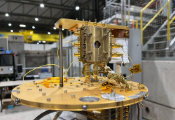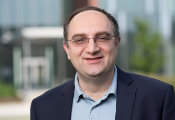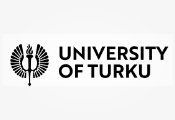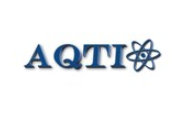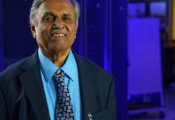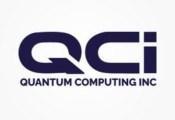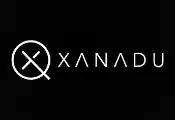UCSB Physics Professors John Martinis and Michel Devoret Win 2025 Nobel Prize in Physics
October 07, 2025 -- UC Santa Barbara physicists John Martinis and Michel Devoret have been awarded the 2025 Nobel Prize in Physics. Selected for the honor alongside UC Berkeley physicist and former advisor John Clarke, they were lauded for work that, according to the Royal Swedish Academy of Sciences, “revealed quantum physics in action.”
“It is wonderful to be able to celebrate the way that century-old quantum mechanics continually offers new surprises,” said Olle Erikkson, chair of the Nobel Committee for Physics. “It is also enormously useful, as quantum mechanics is the foundation of all digital technology.”
Devoret and Martinis bring the number of UCSB faculty Nobel Prize winners to eight; alumna Carol Greider received the 2009 Nobel Prize in Physiology or Medicine.
“It is a great honor to be awarded the Nobel prize," Martinis said. "I am grateful to have worked with John Clarke and Michel Devoret during my PhD thesis, as they taught me how to do compelling experiments. The global physics community has also contributed greatly to the success of superconducting qubits. Next, let's build a useful quantum computer!"
The trio, who were cited “for the discovery of macroscopic quantum mechanical tunneling and energy quantisation in an electric circuit,” developed a series of experiments in 1984 and 1985 in which they built an electronic circuit out of superconducting components, each component separated by a thin layer of nonconductive material — a setup known as a Josephson junction. By controlling and measuring the phenomena that arose when they passed a current through it, they were able to demonstrate behaviors such as quantum tunnelling, and that, true to prediction, energy in a quantum mechanical system is quantised — that is, the system absorbs or emits only certain specific amounts of energy.
These findings have opened the door to major advancements in technology — technology as ubiquitous as our cellphones, data storage devices and LED lighting, while also making possible future breakthroughs in realms such as cryptography.
“What a profound thrill, and a moment of exceptional pride for our campus, to congratulate our UC Santa Barbara professors John Martinis and Michel Devoret on winning this year’s Nobel Prize in Physics, alongside UC Berkeley's John Clarke," said UCSB Chancellor Dennis Assanis. "Their successful efforts to build an electronic circuit with superconductors and measure their properties in the 1980s has had a transformational and lasting influence on today’s technology, paving the way for components that we find in everyday devices such as our cellphones, as well as for major advancements in communication, computing and sensing. The impact of their work cannot be overstated. We look forward to celebrating their accomplishments.”
UC President James Milliken also congratulated the scientists and noted the longstanding tradition of scientific inquiry and effort that leads to gains in both fundamental science and technological innovation.
“Congratulations to physicists John Clarke of UC Berkeley and Michel H. Devoret and John M. Martinis of UC Santa Barbara on winning the 2025 Nobel Prize in physics," he said. “Their research has opened the door to the next generation of quantum technologies, including quantum cryptography, computers and sensors — breakthroughs that will change how we do everything from discovering new drugs to stopping destructive cyberattacks.
“With today's recognition, Clarke, Devoret and Martinis join a long line of esteemed UC faculty who have won a remarkable 74 Nobel Prizes, including 23 in physics. These awards are not only great honors — they are tangible evidence of the work happening across the University of California every day to expand knowledge, test the boundaries of science and conduct research that improves our lives. I'm proud to see their work recognized."
Martinis, who obtained his doctorate in physics in 1987 from UC Berkeley under the guidance of Clarke, arrived at UC Santa Barbara in 2004. In 2014, he and his team were hired by Google Quantum AI to build a quantum computer, an effort that led to a 53 entangled qubit system that took on — and solved — a problem considered intractable for classical computers. In 2020 he resigned from Google and joined Australian startup Silicon Quantum Computing. In 2022 he co-founded the quantum computing company Qolab, where he serves as Chief Technology Officer.
Devoret received his doctorate in condensed matter physics from University of Paris, Orsay, in 1982, and worked as a postdoctoral researcher in Clarke’s lab at UC Berkeley from 1982-1984. He went on to serve as the director of research, head of the Quantronics Group at CEA-Saclay in France from 1995-2002, then became a professor of applied physics at Yale University from 2002-2024. He subsequently joined the faculty at UC Santa Barbara, and also is the Chief Scientist at Google Quantum AI.

